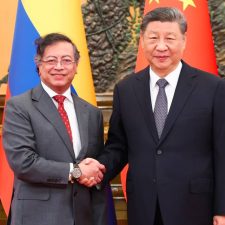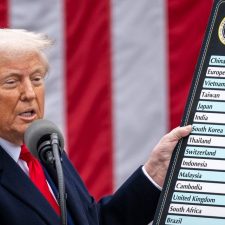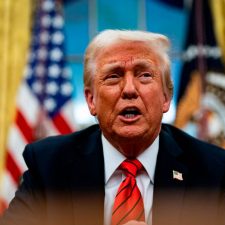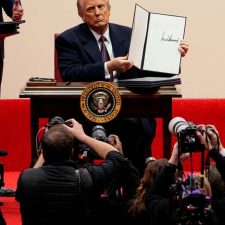When President Barack Obama and Japanese Prime Minister Shinzo Abe met in Washington last week to discuss creating the world’s biggest trade bloc with 10 other Pacific Rim nations, most Latin American countries didn’t pay any attention. But they should have.
The proposed Trans-Pacific Partnership (TPP), which would include some of the world’s biggest economies on both sides of the Pacific and may seek to counterChina’s growing economic clout in the world, could shake up Latin America’s economies. If TPP materializes, it could help some Latin American countries — notably Mexico — and could further isolate Brazil, Argentina and Venezuela from the global economy.
The Obama-Abe meeting at the White House was described by U.S. officials as critical to unlock disputes between the two countries over automobiles and agricultural issues, which were slowing down the three-year-old TPP talks. Japan, the world’s third-largest economy, would be a key partner of the trade, investment and regulatory agreement.
A joint statement at the end of their meeting said that Obama and Abe had made “significant progress” in their negotiations. Obama is trying to obtain “fast-track” negotiating authority from the U.S. Congress to sign a TPP trade deal without subsequent congressional amendments, but faces opposition from some Democrats who fear the agreement could hurt U.S. jobs.
To continue reading this article click The Miami Herald
Etiquetas: Andres Oppenheimer, Latin America, Trans-Pacific deal

 Share On Facebook
Share On Facebook Tweet It
Tweet It
















